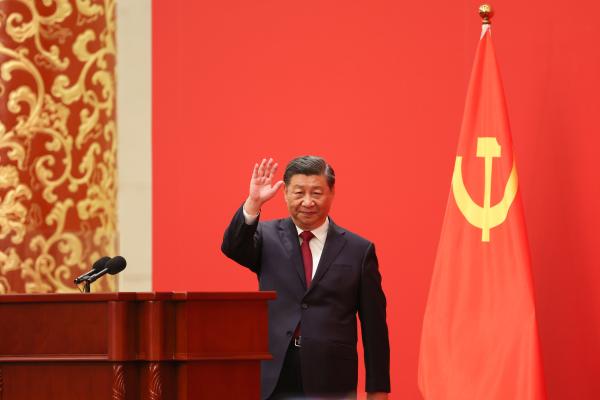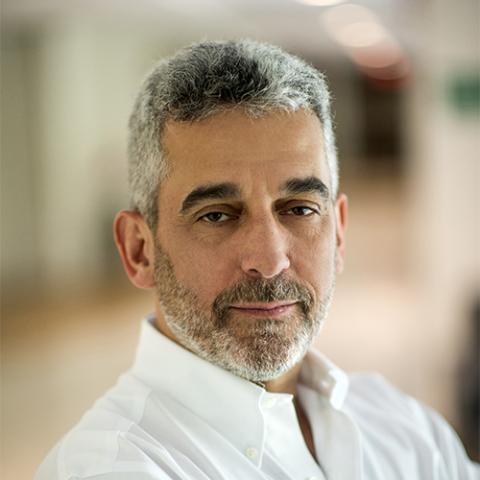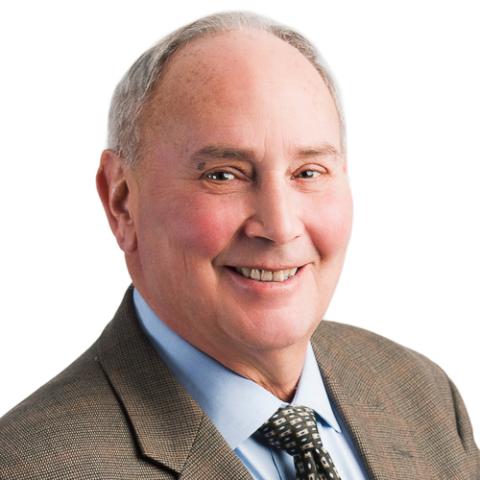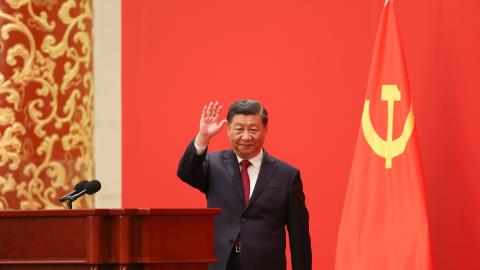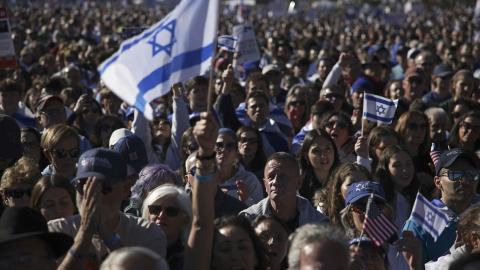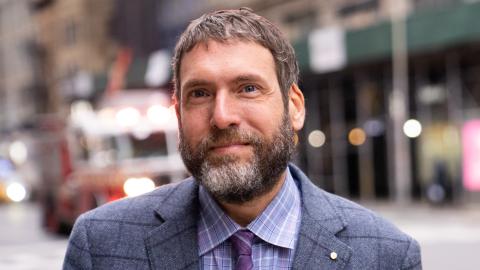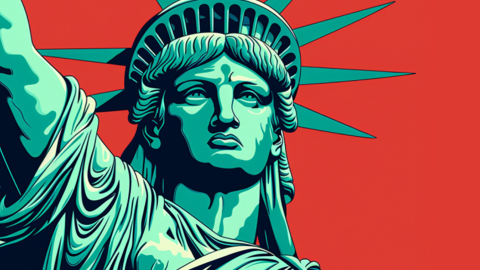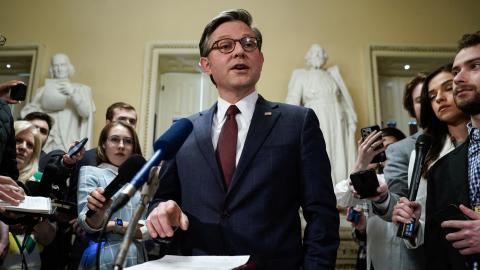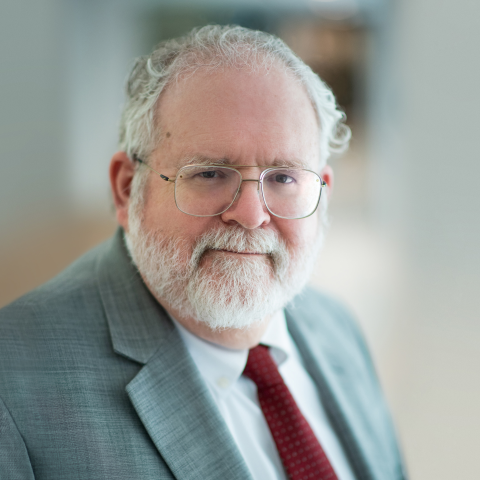
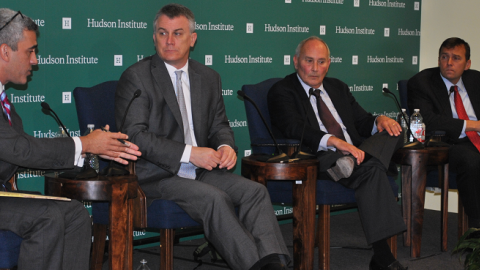
Related Events
26
April 2024
Virtual Event | Online Only
South Africa’s Historic Election: A Conversation with Inkatha Freedom Party National Spokesperson Mkhuleko Hlengwa
Featured Speakers:
Mkhuleko Hlengwa
Joshua Meservey
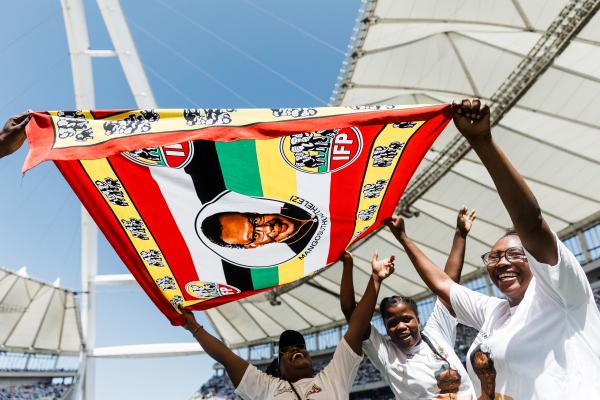
26
April 2024
Virtual Event | Online Only
South Africa’s Historic Election: A Conversation with Inkatha Freedom Party National Spokesperson Mkhuleko Hlengwa
Mkhuleko Hlengwa will offer insights into the IFP’s governing philosophy, its perspective on foreign policy, and its assessment of the impending national elections.
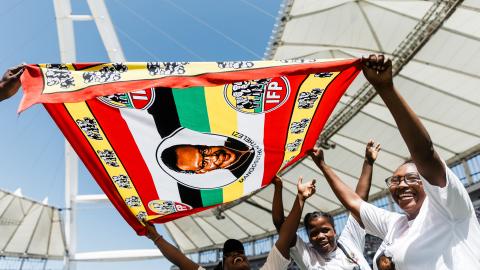
Featured Speakers:
Mkhuleko Hlengwa
Joshua Meservey
29
April 2024
In-Person Event | Hudson Institute
Latin America’s Foreign Policies at a Crossroads
Featured Speakers:
Hector Schamis
Daniel Batlle
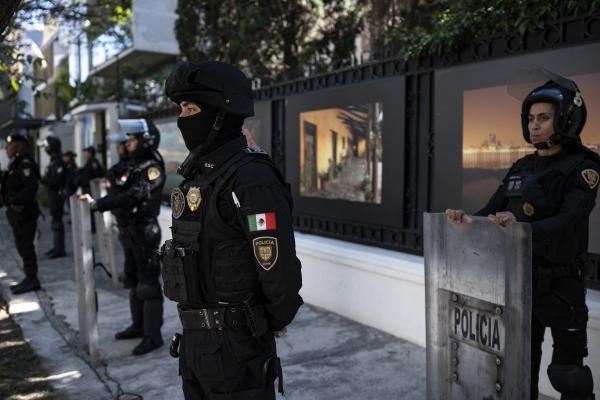
29
April 2024
In-Person Event | Hudson Institute
Latin America’s Foreign Policies at a Crossroads
Join Hudson for a conversation with academic and columnist Hector Schamis on how Latin American governments’ approach to foreign policy destabilizes the region.
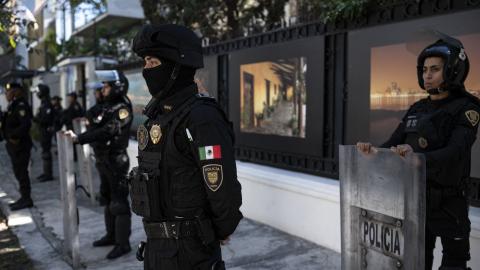
Featured Speakers:
Hector Schamis
Daniel Batlle
30
April 2024
In-Person Event | Hudson Institute
Northern Europe, NATO, and the War in Ukraine: A Conversation with Lithuanian Minister of Defense Laurynas Kasčiūnas
Featured Speakers:
Laurynas Kasčiūnas
Peter Rough
Tomas Janeliūnas
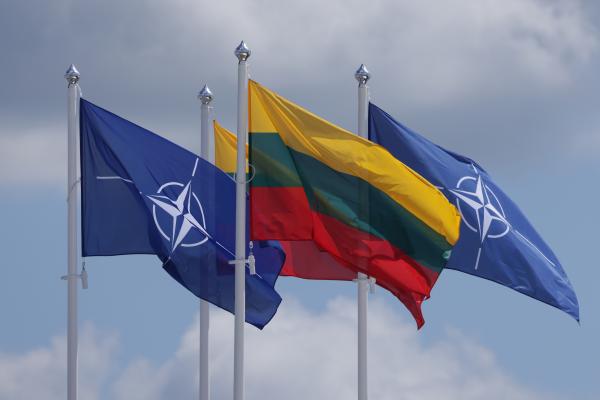
30
April 2024
In-Person Event | Hudson Institute
Northern Europe, NATO, and the War in Ukraine: A Conversation with Lithuanian Minister of Defense Laurynas Kasčiūnas
Join Hudson Institute’s Peter Rough as he sits down with Lithuania’s minister of defense, Laurynas Kasčiūnas.
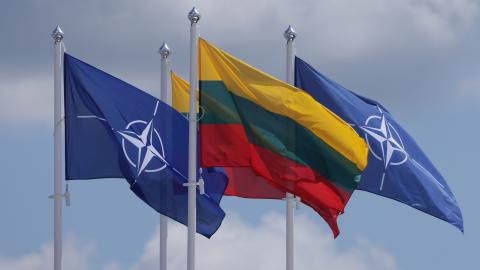
Featured Speakers:
Laurynas Kasčiūnas
Peter Rough
Tomas Janeliūnas
25
April 2024
Past Event
Book Event: Tackling the China Challenge with Strength
Featured Speakers:
Michael Sobolik
Olivia Enos
